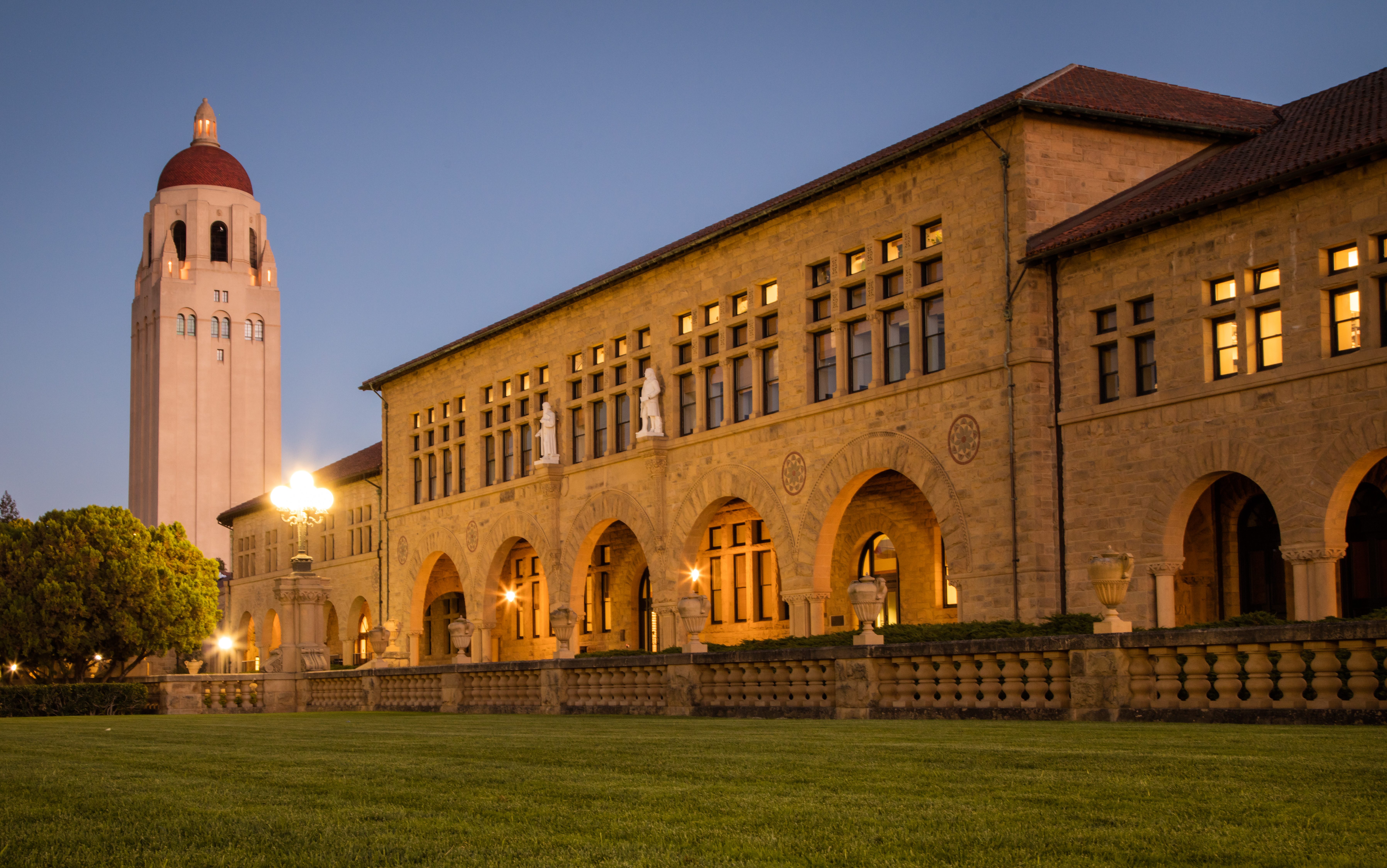Stanford President Richard Saller and Provost Jenny Martinez announced two new groups and new campus safety measures in an email Monday, following calls from community members demanding further support from the University for students affected by the Israel-Gaza war.
The two support groups — the Antisemitism, Bias and Communication Subcommittee and the Muslim, Arab and Palestinian Communities Committee — were created following a reported rise of hate crimes targeting Jewish, Muslim and Arab students on campus. Antisemitic messages have been written across campus and a hit-and-run targeting a Muslim Arab student on Nov. 3 is being investigated as a hate crime.
“The last several weeks have been challenging as our community has witnessed and responded to the Israel-Hamas war,” Saller and Martinez wrote in Monday’s email. “For many it has been a time of anguish, fear, worry, and anger.”
The Antisemitism, Bias and Communication Subcommittee falls under the Jewish Advisory Committee, a panel created in May to support and enhance the Jewish experience at Stanford. Saller and Martinez’s email highlighted the committee’s past progress, including the recent accommodation of Yom Kippur in Stanford’s academic calendar and efforts to expand accessibility to Kosher dinners.
The subcommittee’s primary responsibilities are to provide recommendations on educating the community and enacting measures to reduce, eliminate, and respond to antisemitism, to foster dialogue with the Muslim, Arab, and Palestinian communities and to consider ways to partner with members of the those communities, according to the Stanford Report.
The Antisemitism, Bias and Communication Subcommittee’s leadership is composed of co-chairs Ari Kelman, a professor in the Graduate School of Education, and Rabbi Laurie Hahn Tapper, the associate dean for the Office for Religious and Spiritual Life.
The Committee on Muslim, Arab and Palestinian Communities intends to provide recommendations that “educate the community on the sources and effects of Islamophobia, anti-Arab and anti-Palestinian bias.” The committee will foster dialogue with all involved communities, including Jewish communities, according to the Stanford Report.
The Committee on Muslim, Arab and Palestinian Communities leadership is composed of co-chairs Alexander Key, associate professor of comparative literature, and Abiya Ahmed, associate dean of students and the director of the Markaz Resource Center.
The report also announced new campus safety measures.
Saller and Martinez wrote that the University has deployed increased security at “key locations and events on campus in recent weeks.” They announced the launch of an independent, third-party campus safety review that will be conducted by The Riseling Group (TRG). The consulting firm provides services to organizations like law enforcement or colleges and universities, according to its website. TRG previously provided an independent review of an on-campus police stop in January, when a gun was drawn on a Black motorist.
The group will advise immediate and long-term steps towards improving campus safety, Saller and Martinez wrote.
The report shared a variety of supportive resources — including an expansion of resources for students — and directed students to community-based centers like Hillel at Stanford and the Markaz.
Saller and Martinez reaffirmed the University’s stances against antisemitism and Islamophobia and also re-emphasized Stanford’s policies on protected and unprotected speech.
They emphasized the importance of the campus community coming together to reject “antisemitism, Islamophobia and anti-Muslim bias, anti-Palestinian bias, anti-Israeli bias, and all forms of hatred” to foster an environment of “civil, reasoned, deeply informed discussion that advances our mission of learning.”
“In these difficult times, we hope you’ll join us in supporting one another as members of one Stanford community,” Saller and Martinez wrote.
